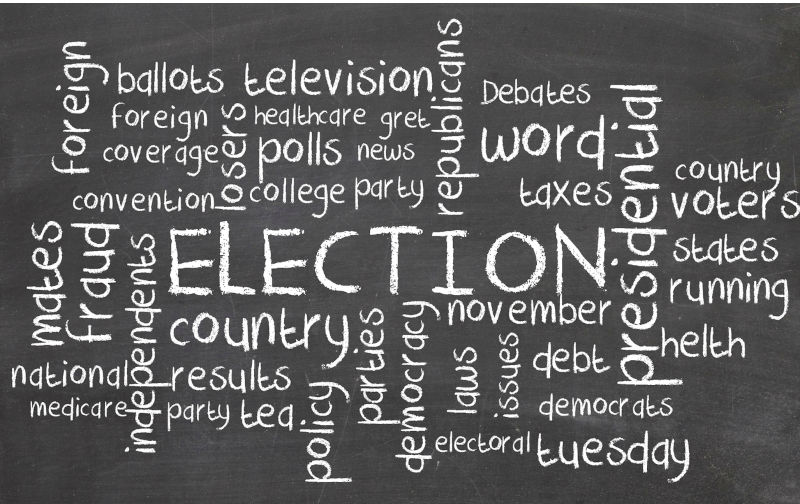Truth, citizenship and the failure of Australian education
May 5, 2025
Australian schools excel at training students to meet external benchmarks, but fail miserably at cultivating critical minds.
The curriculum is crowded with content, but hollow in purpose. It prizes correct answers over courageous questions. Standardised testing dominates classroom time, while essential questions like “What is truth?”, “How do we know?”, and “Who benefits from this narrative?” are not asked.
What results is not education, but compliance. And compliant students grow into disengaged voters, easily manipulated by soundbites and ideological branding.
The Australian Curriculum treats “critical and creative thinking” as a general capability, but does not treat truth as a content strand or pedagogical aim. There is no structured, developmental approach to teaching truth as a cognitive, ethical and civic virtue. The result is predictable; students emerge from school able to quote statistics, but unable to interrogate their source, able to apply formulas, but unable to detect political fallacies, able to memorise historical dates, but fail to notice how history is selectively told.
During elections, this educational deficit becomes a civic liability. Political discourse devolves into tribalism and citizens cannot tell the difference between democratic choice and emotional manipulation.
Australian education prides itself on political neutrality. But neutrality in the face of misinformation is complicity. In avoiding political controversy, schools often fail to teach students how to think politically that is, how to examine power, assess evidence and understand competing worldviews.
This silence does not create safety; it breeds ignorance. In election years, it plays directly into the hands of those who benefit from disengaged, unquestioning voters.
The explicit teaching of truth is not a partisan project, it is a democratic one. Truth-telling in the classroom allows students to:
- distinguish evidence from opinion;
- understand how narratives are shaped by power; and
- question what they have internalised from family, media or authority
The absence of this work leaves students and ultimately, voters without the intellectual competence required to resist manipulation. This is especially urgent when elections are fought over slogans, rather than substance.
A dangerous anti-intellectual drift has infected public discourse, fuelled by populism, media reductionism and the hollowing out of civic education. Australian education has done little to resist this trend. Instead of doubling down on critical reasoning, ethical inquiry, and epistemological literacy, it continues to churn out curriculum statements full of abstractions and policy jargon, but devoid of moral courage.
We are not preparing thinkers. We are producing passive recipients of data, fertile ground for disinformation.
Australia needs a deliberate pivot toward truth-based education. This means:
- Embedding the teaching of epistemology, how we know what we know across subjects;
- Framing critical thinking as a civic skill, not just an academic one;
- Using current political discourse (election campaigns, policy debates, media reporting) as curriculum content;
- Encouraging students to reconstruct personal narratives, especially those rooted in toxic shame or systemic marginalisation; and
- Supporting intellectual humility and inquiry as classroom norms – not just teacher authority and content transmission.
A federal election should be a civics masterclass. Yet, in most schools, it passes by with little more than a mention in the news or a classroom poll. Why aren’t students fact-checking candidate claims? Analysing campaign advertisements? Debating competing visions for Australia’s future?
The answer lies in a system unwilling to disturb the status quo. But a true education must be willing to disturb. It must expose falsehoods, question assumptions and model the search for better truths.
Australia’s political future depends not just on party platforms, but on the quality of its citizens’ thinking. And that begins in the classroom. If we want a democracy built on reason, justice, and truth — not noise, branding, and manipulation — we must overhaul how we educate our children.
Truth must become the foundation of education. Not an add-on. Not an assumed value. A central, teachable, assessable goal. Anything less is a betrayal of democracy.


